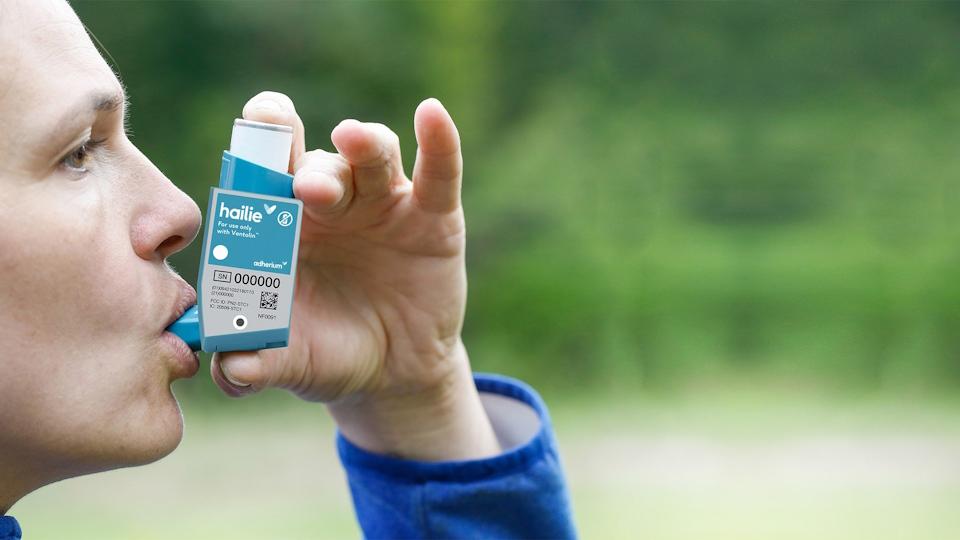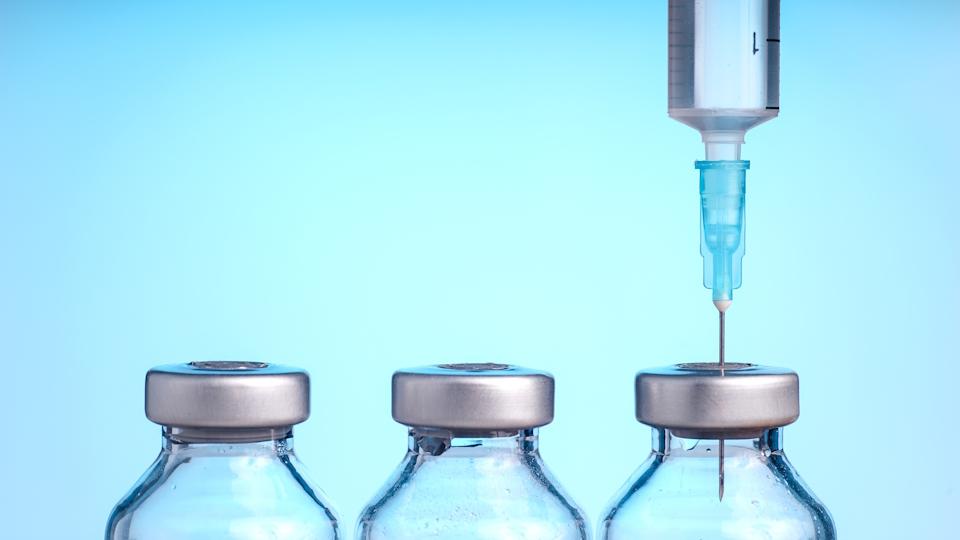NGOs claim UK-India free trade deal will raise medicine prices

Consumer and health organisations in the UK have written to the Trade Secretary Kemi Badenoch, saying a leaked chapter of the proposed UK-India free trade agreement (FTA) could raise the price of medicines used by the NHS.
The non-governmental organisations – which include Oxfam, Médecins Sans Frontières, Global Justice Now, and Health Poverty Action, amongst others – are worried about sections of the draft deal dealing with intellectual property.
Specifically, they claim the chapter includes proposals that would impose changes to the patent system in India and make it easier for drugmakers to secure "evergreening" patents that would delay the entry of lower-cost generics.
It goes beyond the World Trade Organization's Agreement on Trade-Related Aspects of Intellectual Property Rights (TRIPS), and in fact is a 'TRIPS-Plus' measure that could threaten India's long-standing ability to produce affordable medicines, they contend.
Measures in the leaked document could allow pharma companies to extend their monopolies beyond the end of the original 20-year patent term, as well as shut down so-called 'pre-grant' channels that can currently be used to block unjustified patents before they are granted.
Moreover, the FTA as it stands would remove the requirement for patent holders to reveal to the Indian authorities information relating to relevant patent applications in other countries, which they say would make it more difficult to challenge unethical exploitation of patent monopolies.
"The UK's apparent approach to the FTA IP chapter is only beneficial to one group – the pharmaceutical industry and their shareholders," they write in the letter. "These requirements go far beyond global requirements and norms, and have no evidential basis or proven public policy benefit."
The Department for International Trade insists that as medicines bought from abroad in the UK are subject to UK and not foreign IP laws, they do not agree that prices will increase, according to a City A.M. report.
Badenoch, meanwhile, told the news service that she will "never agree any provisions that would increase the cost of medicines for our National Health Service."
That is not the view of the NGOs, who write that it would be "irresponsible for the UK government to seek to impose such terms in this trade agreement with India, in the knowledge it would reduce access to medicines and corrode health outcomes for patients of the NHS and around the world," they write.
"[India] supplies our NHS with 25% of all the medicines used to treat patients here in the UK," they continue. "Any action that curtails India's ability to produce quality, cost-effective medicines also threatens the financial sustainability of our health service, and ultimately puts patients' lives at risk."













